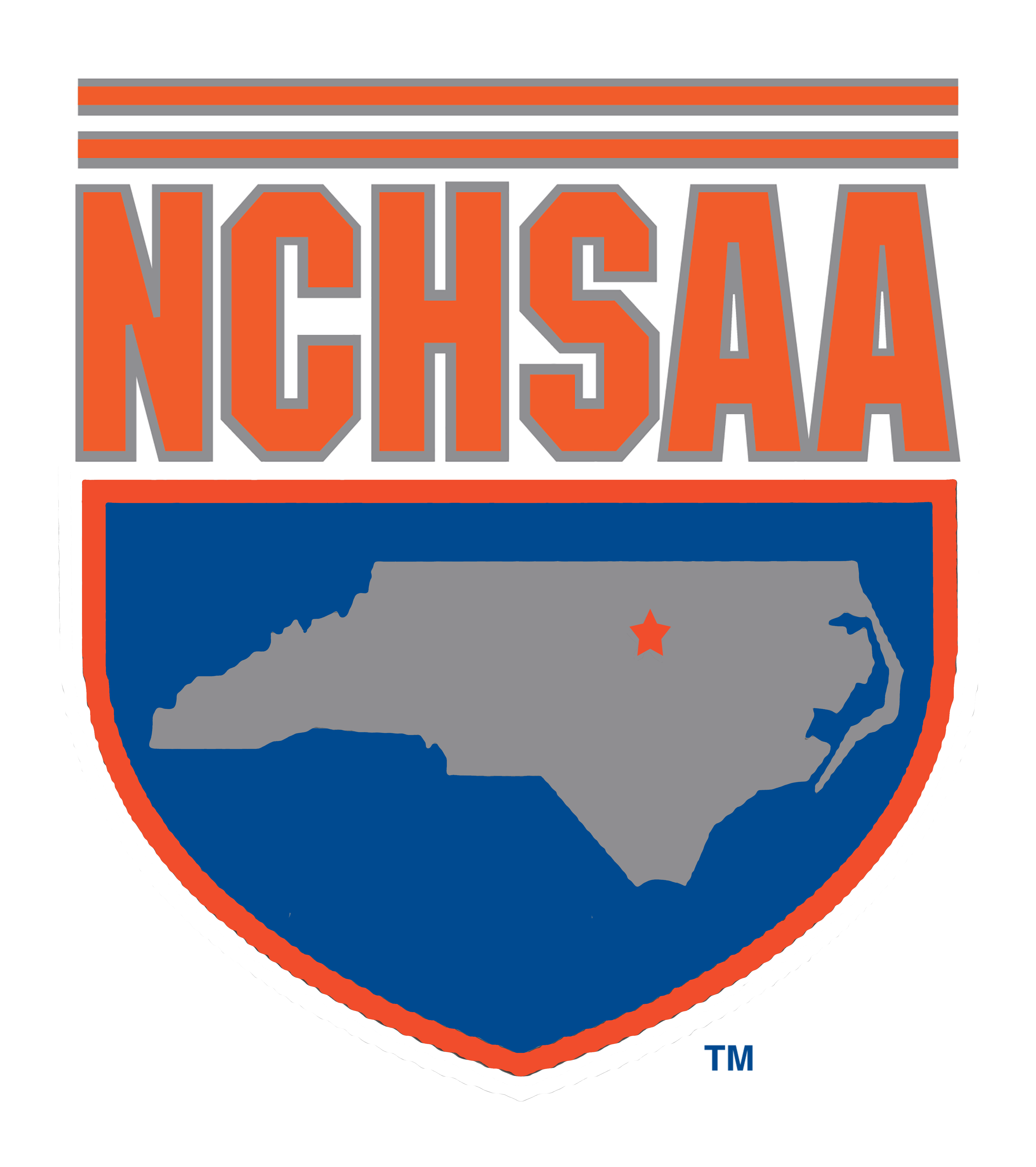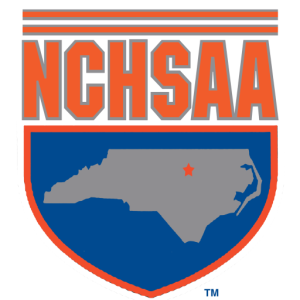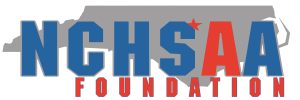NFHS Offers Free Online Courses to Prevent Heat Illness/Stroke and Recognize Concussions
INDIANAPOLIS— As fall sports practices begin across the country this month, the National Federation of State High School Associations (NFHS) is re-emphasizing the importance of risk minimization for high school student-atheltes, specifically through two of its free on-line courses: “Concussion in Sports–What You Need to Know” and “A Guide to Heat Acclimatization and Heat Illness Prevention.”
“Concussion in Sports – What You Need to Know” was developed in May 2010 by the NFHS as a part of its Coach Education Program. To date, an astounding 466,000 coaches, administrators, parents and others have taken the course, which provides a brief overview of how a person can recognize the signs and symptoms of a concussion. The course is hosted by Michael Koester, M.D., former chair of the NFHS Sports Medicine Advisory Committee (SMAC) and director of the Sports Concussion Program at the Slocum Center for Orthopedics and Sports Medicine in Eugene, Oregon. Individuals taking the course have access to printable resources, including a parent’s guide to concussion in sports, a coach’s guide, an athlete fact sheet and materials to implement a protocol for concussion treatment.
The NFHS has been the leader among national sports organizations in establishing guidelines to deal with concussions. In 2008, the SMAC advocated that a concussed athlete must be removed from play and not allowed to play on the same day. In 2009, the position was adopted by a leading group of sports concussion experts and the National Football League (NFL).
All NFHS rules publications covering 16 sports contain guidelines for the management of a student exhibiting signs, symptoms or behaviors consistent with a concussion. The language reads: “Any athlete who exhibits signs, symptoms or behaviors consistent with a concussion, such as loss of consciousness, headaches, dizziness, confusion or balance problems, shall be immediately removed from the contest and shall not return to play until cleared by an appropriate health-care professional.”
“We are pleased that high school coaches and administrators are continuing to educate students, parents and others about the issue of concussion in sports,” said Bob Gardner, NFHS executive director. “The concussion course and our new course on Heat Acclimatization and Heat Illness Prevention are tremendous resources to help the leaders in high school sports as they seek to minimize the risk of injury for our nation’s student-athletes.”
“A Guide to Heat Acclimatization and Heat Illness Prevention” is offered by the NFHS to provide critical information designed to minimize the risk of activity-related heat illness and heat stroke among high school athletes. With many parts of the country entering the month of August with record heat waves and droughts, the information in this course is crucial to preventing heat illness and heat stroke among high school athletes.
In April, the NFHS SMAC released the “Heat Acclimatization and Heat Illness Prevention Position Statement” as a companion piece to the online course. The position statement offers accommodations for a heat acclimatization program that can reduce the risk and incidence for activity-related heat illness and heat stroke.
The statement notes that although various states and regions of the country have unique climates and variable resources, and that there is no “one-size-fits-all” optimal acclimatization plan, the NFHS and the NFHS SMAC strongly encourage member state associations to incorporate all of the “Fundamentals” into any heat acclimatization plan to improve athlete safety. The position statement also suggests that “A Guide to Heat Acclimatization and Heat Illness Prevention” should be required viewing for all coaches. Although the course was only released about 30 days ago, almost 10,000 individuals have completed the course.
“Concussion in Sports – What You Need to Know” and “A Guide to Heat Acclimatization and Heat Illness Prevention,” along with all 29 NFHS Coach Education Program courses, can be accessed atwww.nfhslearn.com.


